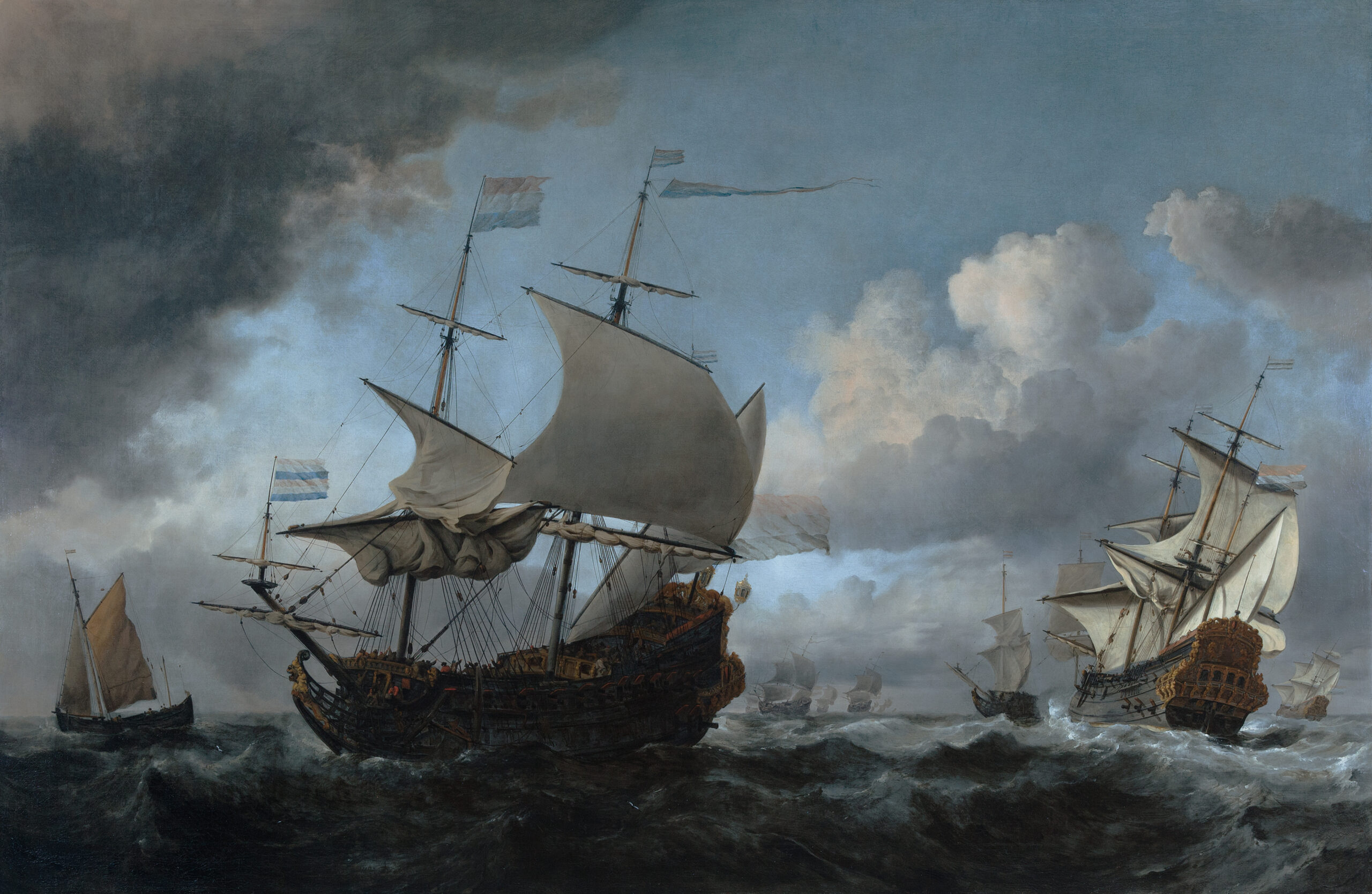When Jesus, in the Gospel of John, tells Nicodemus that one must be born again to see the Kingdom of God, the disciple responds with astonishment: “How can a man be born when he is old? Can he enter the second time into his mother’s womb and be born?” (John 3:4). The exchange reveals the collision between literal reasoning and mystical speech. Nicodemus thinks of biological flesh and temporal sequence; Christ speaks of a deeper birth that takes place in the hidden womb of the Spirit. This dialogue opens the path to the language of the Kabbalah, where Binah, the Mother, holds the secret of rebirth.
I. Nicodemus and the Literal Womb
Nicodemus, a Pharisee and teacher, cannot grasp the depth of the word anōthen in John 3:3, which can mean both “again” and “from above.” His mind remains fixed on physical return to the maternal womb, a process bound by time, space and decay. The question “can he enter the second time into his mother’s womb” is the mark of this limitation. In the biblical Greek, the womb is the koilia, the belly, the place of earthly gestation. But Christ points to a different womb, one not made of flesh. The incomprehension of Nicodemus dramatizes the difficulty of receiving spiritual teaching when it is heard with a carnal ear. In mystical reading, his voice becomes the voice of fallen reason, the mind trapped in horizontal thinking.
II. The Womb of Binah and the Waters Above
Kabbalistic tradition speaks of Binah, the third sefirah, as the Great Mother, relted to the element of gestation and dissolution. In John 3:5, Jesus continues: “Except a man be born of water and of the Spirit, he cannot enter into the kingdom of God.” The water is not the amniotic fluid of a human womb; it is the superior Divine water of Binah, the celestial sea. The initiated soul is born again by immersion into these waters and by reception of this breath. The imagery is that of baptism, but baptism is not reduced to a rite of washing; it is the representation of a radical new genesis. The descent into the water and the rising by the Spirit is the passage into the womb of Sophia, the Mother of all living knowledge. In this sense, Binah is the eternal womb where souls are shaped anew, the matrix of the second birth.
III. The Logos and the Union of Father and Mother
When Christ speaks of rebirth, he speaks as the Logos. The Gospel begins with the proclamation: “In the beginning was the Word, and the Word was with God, and the Word was God” (John 1:1). This Word is the seed of the Father and the form given in the Mother. The rebirth of which he speaks is the manifestation of the Logos within the disciple, a genesis that exceeds biological origin. The old man cannot return to the womb of flesh, but the soul may descend into the womb of the Spirit. The paradox that confounds Nicodemus becomes the key to initiation: to be born once is to carry the burden of time; to be born again is to enter eternity. The second birth is thus not repetition of the first but a higher octave of it, the transformation of the mortal into the immortal, of the visible into the luminous.
